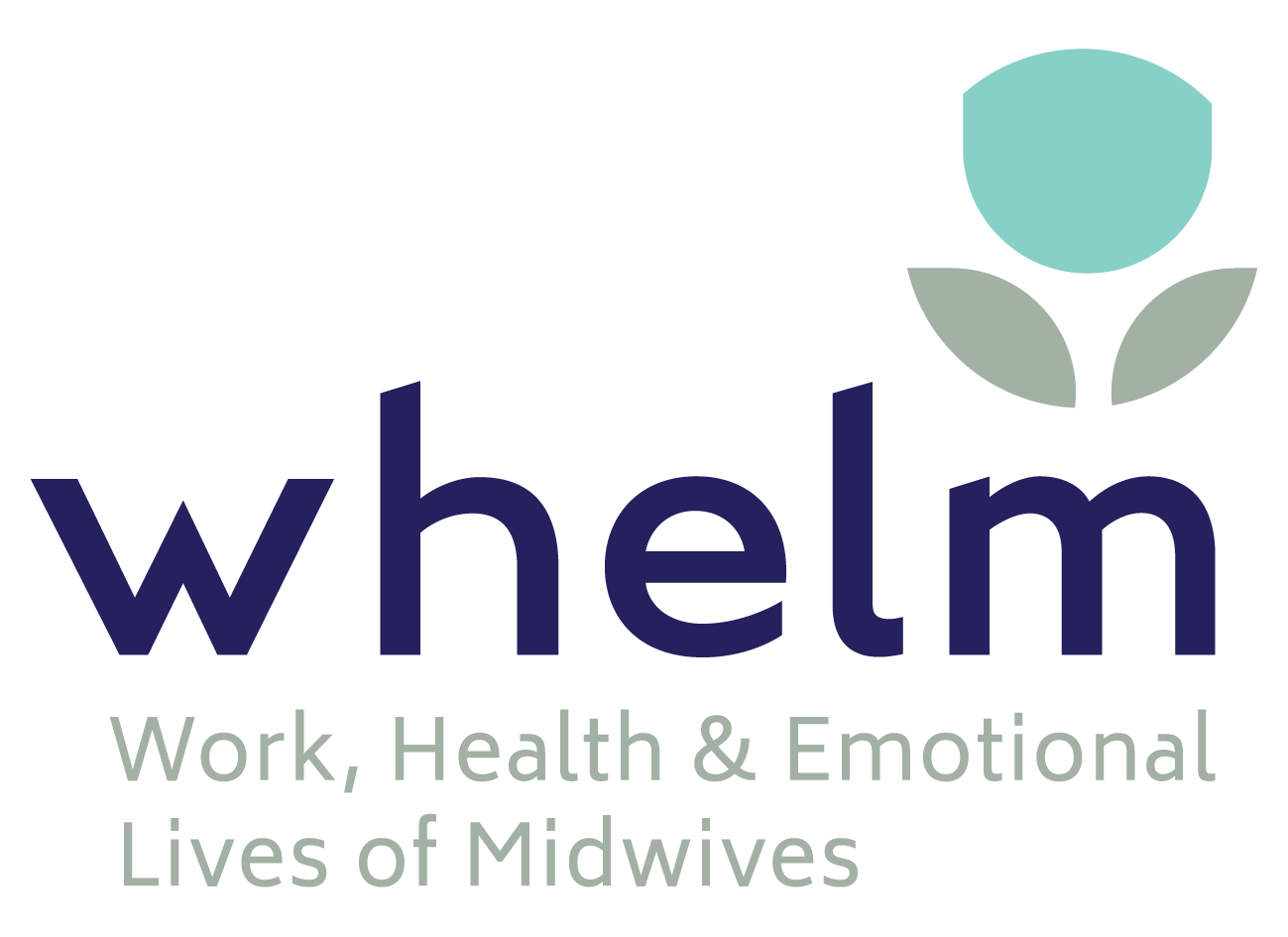Valerie Slavin, PhD candidate, Midwife, Transforming Maternity Care Collaborative, Griffith University & Gold Coast University Hospital
Professor Jenny Gamble, Transforming Maternity Care Collaborative, Griffith University
Professor Debra Creedy, Transforming Maternity Care Collaborative, Griffith University
Maternity services aim to provide high quality and high value care that women want to access. A challenge lies in how to measure the quality and value of maternity care. In Australia, evidence of widespread variation in maternity care, costs, and outcomes suggests over-use of services for some women and under-use for others. Unexplained variation raises concerns regarding the equity, effectiveness, and efficiency of care.
Traditional maternity measures used to report on the quality of maternity care are limited and generally focus on outcomes such as mortality, mode of birth, post-partum haemorrhage, and severe perineal trauma; or processes such as induction of labour, postnatal readmission, or length of stay. Although these are important outcomes, in isolation they reveal little about performance, quality, or value of maternity care.
Having tools that can reliably report on a range of outcomes over time, and that are important to childbearing women, care providers, and healthcare funding bodies, provides a means to inform real-time clinical decision-making, monitor and benchmark performance, and drive quality improvement activities.
PROMs and PREMs
Person-reported outcome/experience measures (PROMs/PREMs) can supplement traditional measures by assessing the efficacy of maternity care and interventions from the woman’s perspective. Without consistent use of the same questions however, data generated from PROMs and PREMs are of limited value.
Standardised outcome measures
Standard Sets are collections of standardised outcomes and instruments. They represent the missing link to measure the quality and value of care but must be developed using rigorous methods. Since 2012 the International Consortium for Health Outcomes Measurement (ICHOM) has been developing global Standard Sets including outcomes, measurement tools, time-points, and risk adjustment factors to improve value-based healthcare. In 2016 ICHOM developed a Standard Set to measure the value of maternity care which included measures of health-related quality of life, incontinence, emotional wellbeing, pain during sex, birth experience, breastfeeding experience and self-efficacy, and mother infant bonding. To be implemented in practice, maternity services must have confidence that the outcomes and measures included in the Set were developed using rigorous methods and that the measures are valid and reliable in childbearing women. Until recently, the quality of the set had not been evaluated.
Ensuring the validity of PROMs in maternity care
As a group of researchers from the Transforming Maternity Care Collaborative we evaluated the quality and feasibility of the ICHOM Standard Set for Pregnancy and Childbirth. Firstly, we conducted two systematic reviews to assess the quality of the Standard Set development process (manuscript currently under review), and the quality and suitability of the PROMs included in the Set. While the Set was developed using rigorous methods, five included PROMs had not been previously been validated in childbearing women.
We conducted a program of work to evaluate the psychometric performance of these unvalidated PROMs in childbearing women. We conducted a study with 309 consecutive women from one large tertiary hospital in Queensland and collected survey data at five time-points as prescribed by ICHOM (at booking, and 36 weeks of pregnancy and one, six and 26 weeks after birth). We also collected electronic hospital data at six weeks following birth. We provided women with the option of using a tablet device while attending an antenatal care visit, electronic survey completion on their own device, or to complete the survey by phone with the research midwife. The ICHOM Standard Set was acceptable to women. Almost all women invited agreed to participate (95%), and response rates were high at all time-points; being highest at booking (92%) and lowest at 26-weeks post birth (71%).
We conducted psychometric analysis on five PROMs and developed recommendations and/or refinement of the tools to measure health related quality of life (Slavin, Gamble, Creedy, Fenwick, & Pallant, 2019), urinary and anal incontinence (Slavin, Gamble, Creedy, & Fenwick 2019; Slavin, Creedy, & Gamble, 2019), depression symptoms (Slavin, Creedy & Gamble, 2020a), and social support (Slavin, Creedy and Gamble, 2020b).
Our findings support the implementation of the revised Standard Set for Pregnancy and Childbirth to measure value of maternity care. If your health service is interested in using the ICHOM Standard Set and you would like assistance designing methods for women to report their experiences, our study team can assist you.
References
Slavin, V., Gamble, J., Creedy, D. K., Fenwick, J., & Pallant J. (2019). Measuring physical and mental health during pregnancy and postpartum in an Australian childbearing population – validation of the PROMIS Global Short Form. BMC Pregnancy and Childbirth, 19, 370.
Slavin, V., Gamble, J., Creedy, D. K., & Fenwick, J. (2019). Perinatal incontinence: Psychometric evaluation of the International Consultation on Incontinence Questionnaire –Urinary Incontinence Short Form and Wexner Scale. Neurology and Urodynamics, 38(8), 2209-2223.
Slavin, V., Creedy, D. K., & Gamble, J. (2019). Benchmarking outcomes in maternity care: Perinatal incontinence–a framework for standardised reporting. Midwifery, 102628, 1-11.
Slavin, V., Creedy, D. K., & Gamble, J. (2020a). Comparison of screening accuracy of the Patient Health Questionnaire–2 using two case-identification methods during pregnancy and childbirth. BMC Pregnancy and Childbirth, 20, 211.
Slavin, V., Creedy, D. K., & Gamble, J. (2020b). Single Item Measure of Social Supports: Evaluation of construct validity during pregnancy. Journal of Affective Disorders, 272, 91-97.








